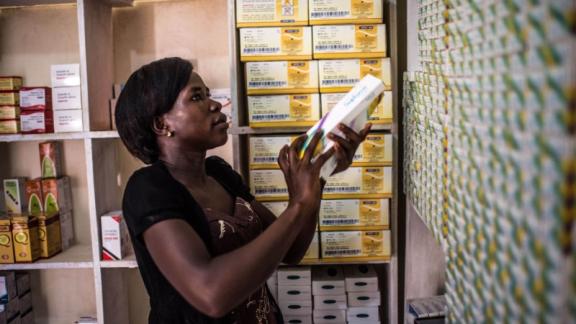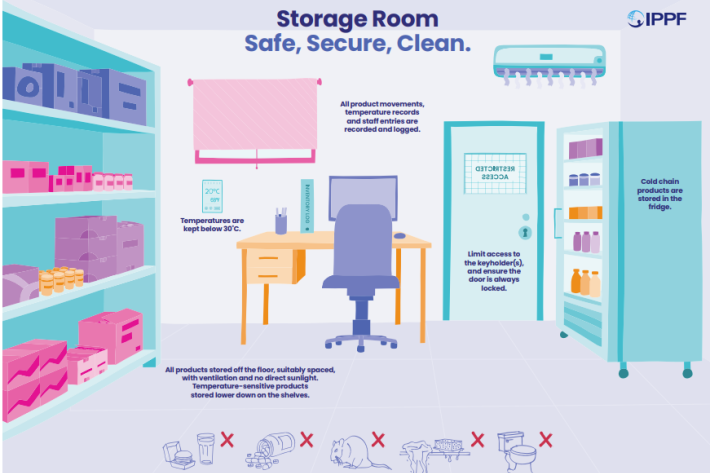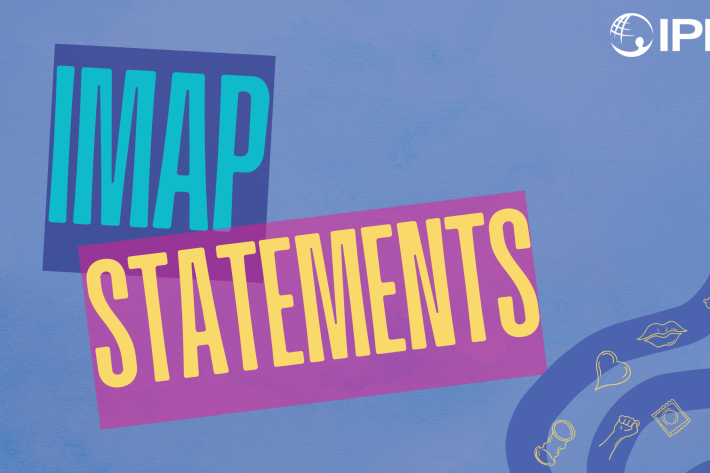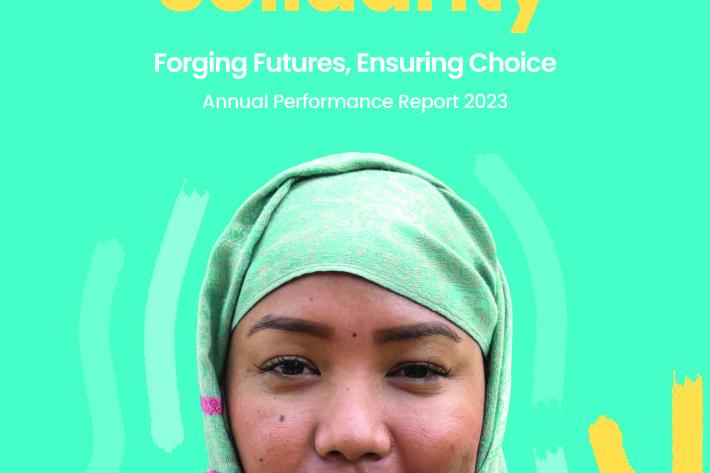Spotlight
A selection of resources from across the Federation
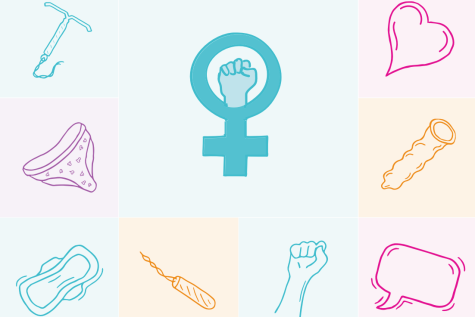
Technical Brief: Designing and Delivering Inclusive, Rights-Based Sexual and Reproductive Healthcare to Transgender and Gender Diverse People
This technical brief outlines key recommendations across several sexual and reproductive health service areas to promote access to inclusive care for transgender and gender diverse people.
Filter our resources by:


| 19 February 2018
IPPF Accountable Now 2016 report
At IPPF we have recently defined accountability, which is one of our five core values, as “a cornerstone of trust which is demonstrated through high performance, ethical standards and transparency.” In embarking on our Strategic Framework 2016–2022 we consulted with volunteers, our employees, partners and donors regarding the key values they wish to see demonstrated to drive successful priorities and outcomes and ultimately ensure that we deliver our Mission to “lead a locally owned, globally connected civil society movement that provides and enables services, and champions sexual and reproductive health and rights for all, especially the under‑served.”
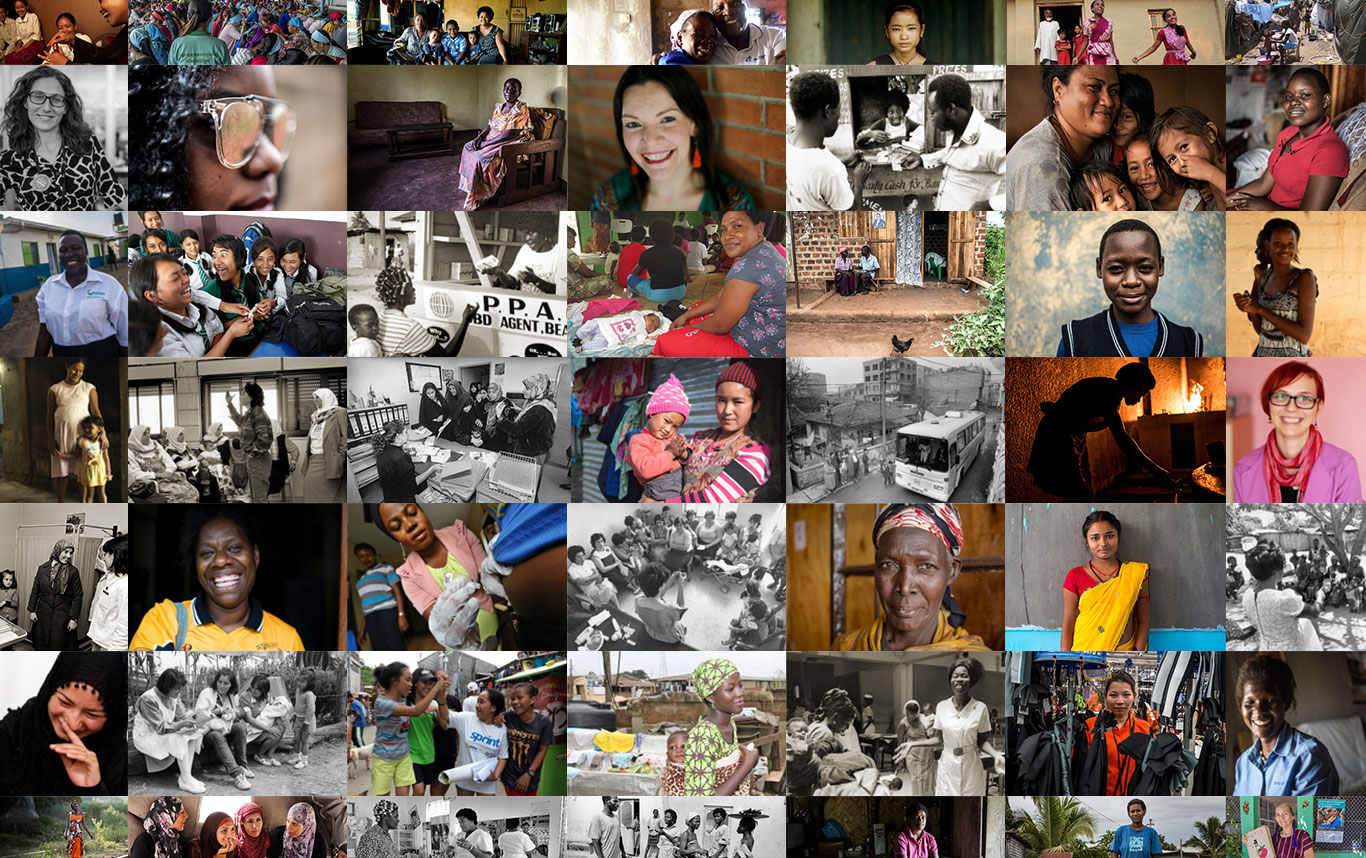
| 08 February 2018
International Women's Day 2018
Today we celebrate and highlight the passion, continued commitment and steadfast dedication of the doctors, nurses, peer educators and volunteers around the world who help deliver vital healthcare to communities in over 170 countries. “I’m going to work forever... I like helping people, that’s why I do this job” Albertina Machaieie Mozambique | AMODEFA | Nurse (38 years) Albertina Machaieie has been working with HIV patients for Amodefa for 38 years and is their longest serving nurse. Albertina heads up Amodefa’s home care programme which provides medical, nutritional and emotional support to HIV positive patients living in the poorest suburbs of Maputo, the capital of Mozambique. Read more about Albertina's story “I promote the health services provided by Reproductive Health Association of Cambodia… If they are interested in going to a clinic, I give them a referral.” Pann Chandry Cambodia | Reproductive Health Association of Cambodia | Midwife Pann Chandy gave her first sexual education lesson when she was still at school as a volunteer youth social worker with the Reproductive Health Association of Cambodia. Now aged 25 and in possession of a Bachelor degree in midwifery, Chandy has been employed by Reproductive Health Association of Cambodia. as part of the organisation’s health outreach team. She regularly visits 4 karaoke parlous, 8 garment factories and 20 villages in Phnom Penh to hold sexual and reproductive healthcare classes. Often running the classes by herself. Read more about Pann's story “I can take care of women, make them feel comfortable and safe - they trust me” Doña Maria Mexico | Mexfam | Volunteer (27 years) Doña Maria has been a volunteer with Mexfam for 27 years. She grew up in a poor Mexican coastal town, and as a girl, she travelled with her mother in small boats and by foot to help women give birth safely. To date she has helped deliver more than 3,000 babies. Today, at age 74, she continues to be there for women and youth, believing all women should have quality healthcare. Doña Maria was one of many volunteer that continued to provide and support sexual and reproductive healthcare in her local community post Hurricane Irma and Maria. Watch Doña's story "People just don't understand the concept of consent. It's not just about saying 'no', consent is an enthusiastic 'yes'. It's so important that it's on the curriculum in 2019." Rachel Brook | UK | Volunteer Rachel is a volunteer with the UK charity, Brook, which has been actively helping shape the new relationships and sex education curriculum to be rolled out in schools in 2019. Read more about Rachel's story “When I look into the eyes of the mothers we help, I see them light up. That’s why I do this job” Katherine Mafi Tonga | Tonga Family Health Association (TFHA) | Programme Manager IPPF thanks and values you, not just today, but every day.
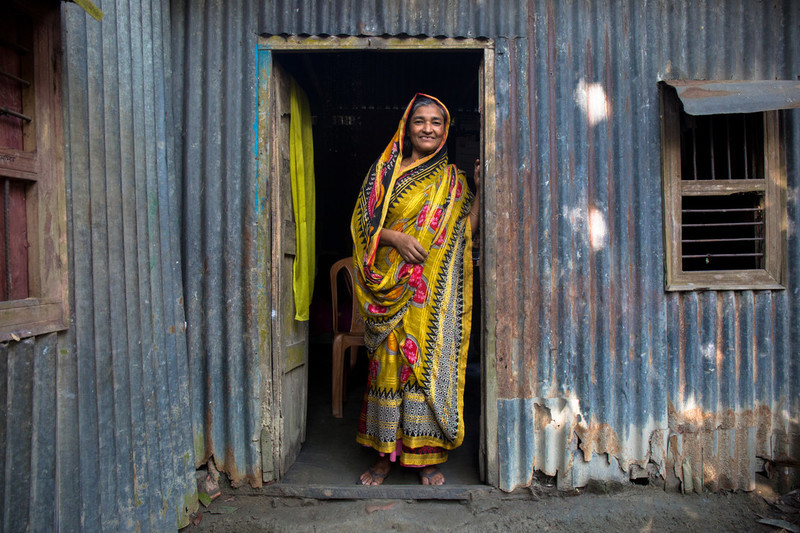
| 08 February 2018
Small scale innovation in Bangladesh during times of crisis: ensuring reproductive care to local communities
In times of humanitarian crises and disasters, the inability to access health care during floods can have serious repercussions on the local community. As part of their Innovation Programme project, our South Asia office in collaboration with the University of Leicester and the Government of Bangladesh provides reproductive health kits to health centres located in areas most prone to seasonal flooding. Known as 'Kit 8' it contains three months’ worth of medicine and equipment for the management of miscarriage and complications of abortion and menstrual regulation in emergency situations, essential to minimize associated morbidity and mortality. Medical staff are trained to administer procedures and provide post-procedure care. While abortion is considered illegal in Bangladesh, menstrual regulation, which has been a part of the country’s family planning program since 1979, is allowed up to 10–12 weeks after a woman’s last menstrual period. Photography © IPPF/Victoria Milko

| 06 February 2018
Myth-busting facts about the contraceptive injection
Watch this short animation to learn more about the contraceptive injection, a contraceptive method that requires no daily action and doesn't interfere with sex. Learn more about other methods
| 01 February 2018
TAKING STOCK: IPPF Recommendations on the Global Financing Facility (GFF)
The Global Financing Facility (GFF) is a financing mechanism in support of reproductive, maternal, newborn, child and adolescent health launched in 2015. This IPPF briefing sets out recommendations for GFF stakeholders and financiers as the GFF undergoes its first replenishment process.
| 23 January 2018
Global Gag Rule - one year on
The Global Gag Rule is a policy that denies vital US funding to organisations that do not sign it. It is a policy that targets abortion and abortion-related services. IPPF refuse to sign the order. By refusing to sign the order, we are forecasted to lose $100 million in funding over the next three years. IPPF believe that every woman and girl has the right to choose and to live free from sexual and reproductive coercion. A year on from the reinstatement and expansion of the Global Gag Rule, we look at the human cost of those affected by the loss of US funding
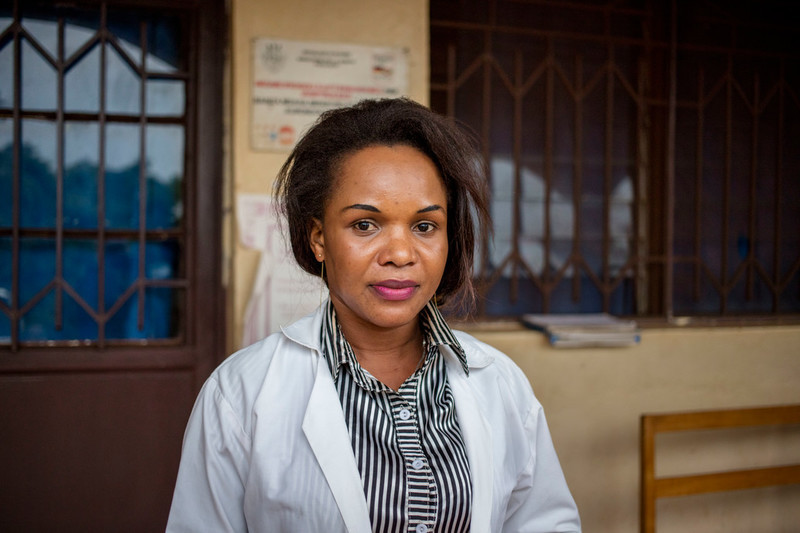
| 18 January 2018
Putting people first: providing health care despite funding and staff losses in Burundi
The Association Burundaise pour le Bien-Etre Familial's (ABUBEF) provides vital integrated services to local communities, including contraception, prevention and treatment of HIV, youth-friendly counselling and education, pre-marital counselling, and antenatal and post-natal care. ABUBEF has 18 service points, including static and mobile clinics, and community-based services. An estimated 80% of its clients are poor, marginalized, socially excluded and/or under-served. ABUBEF supports young people living with HIV, internally displaced persons, sex workers, drug users and street children. The continuation of many of these vital health services are under threat following the reintroduction of the Global Gag Rule by the US Administration. The Global Gag Rule, or Mexico City Policy as it is formally known, stops US aid to all health programmes run by organisations who perform or counsel on abortion. ABUBEF says: “Almost all contraceptives, HIV reagents, STI drugs, antiretroviral and consumables for HIV management are procured through UNFPA, USAID and US-financed government programmes, which will be affected by the Global Gag Rule.”
| 05 January 2018
Myth-busting facts Female Condom
Learn more about the Female Condom, the only female-controlled contraceptive method that protects you against unintended pregnancies and STIs. The video is also available in Spanish







